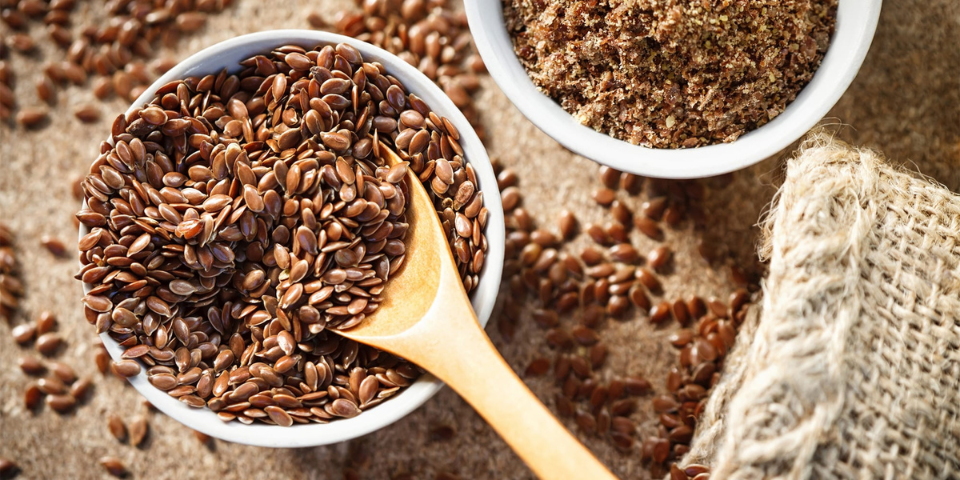Flaxseed, often touted as a cure-all for various health issues, may seem like a trendy remedy similar to snake oil. Despite its numerous claims, flaxseed’s popularity doesn’t quite rival that of pumpkin spice. Let’s delve into the truth behind flaxseed to determine if it’s truly a miracle seed or just a placebo in disguise.
### Understanding Flaxseed
Flaxseed comes from the blue-flowered flax plant, typically grown in cooler climates like the Northern U.S. and Western Canada. The seeds of this plant hold the key to its health benefits, making it a popular ingredient in various products. Historically, flax was used for fiber production and feeding livestock, but its popularity waned with the rise of cotton in the 1940s. There are two main varieties of flaxseed – gold and brown – which offer similar nutritional benefits.
### Nutritional Value of Flaxseed
A single tablespoon of ground flaxseed packs a nutritional punch, providing essential nutrients like protein, fats, carbohydrates, fiber, calcium, magnesium, potassium, and iron.
### Health Benefits of Flaxseed
Flaxseed offers several health benefits, thanks to its rich nutrient profile. Here are a few notable advantages:
#### 1. Heart Health
Rich in omega-3 fats, flaxseed contains alpha-linolenic acid (ALA) that may reduce the risk of heart disease by improving blood pressure, cholesterol levels, heart rhythm, and arterial health.
#### 2. High Fiber Content
With high fiber content, flaxseed aids in digestion and nutrient absorption. Its mucilage content helps slow down food digestion, promoting a feeling of fullness and potentially aiding in weight loss.
#### 3. Anti-Inflammatory Properties
The omega-3 fatty acids in flaxseed have anti-inflammatory effects, which can benefit various health issues linked to inflammation, such as dry eyes, inflammatory bowel disease, and neurological disorders.
### Incorporating Flaxseed into Your Diet
To reap the maximum benefits from flaxseed, it’s essential to consume it in ground form as the whole seeds may pass through the digestive system undigested. Ground flaxseed can be easily added to cereals, condiments, or baked goods for a nutritional boost. Both gold and brown flaxseed varieties have a mild flavor, making them versatile for sweet and savory dishes. Remember to store ground flaxseed in the fridge or freezer to maintain its freshness.
In summary, flaxseed offers a range of health benefits, particularly for heart health, digestion, and inflammation. By incorporating this nutrient-rich seed into your diet, you can harness its potential for overall well-being.

